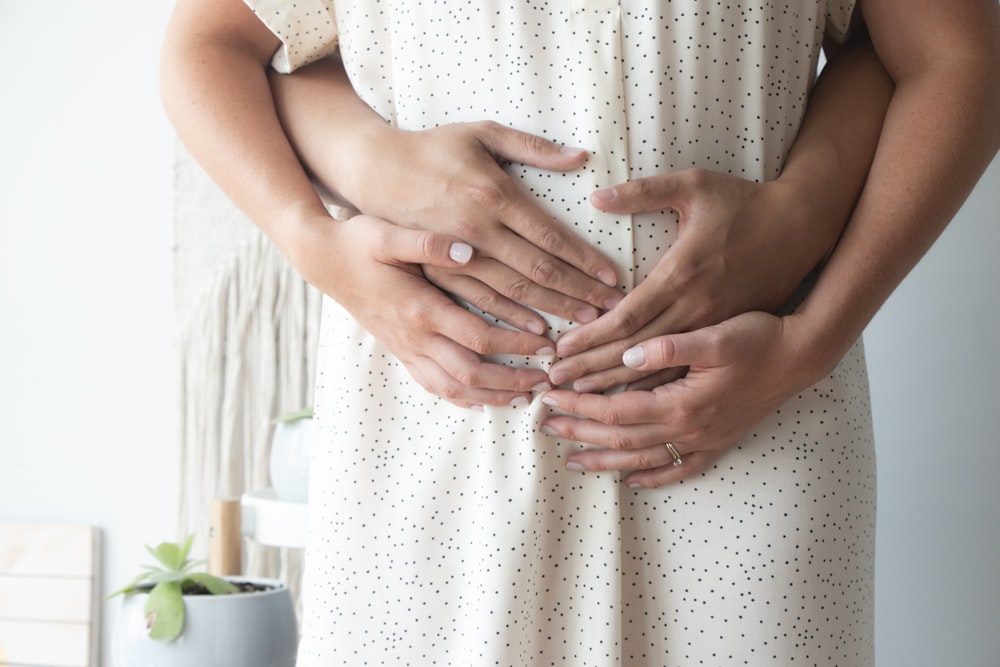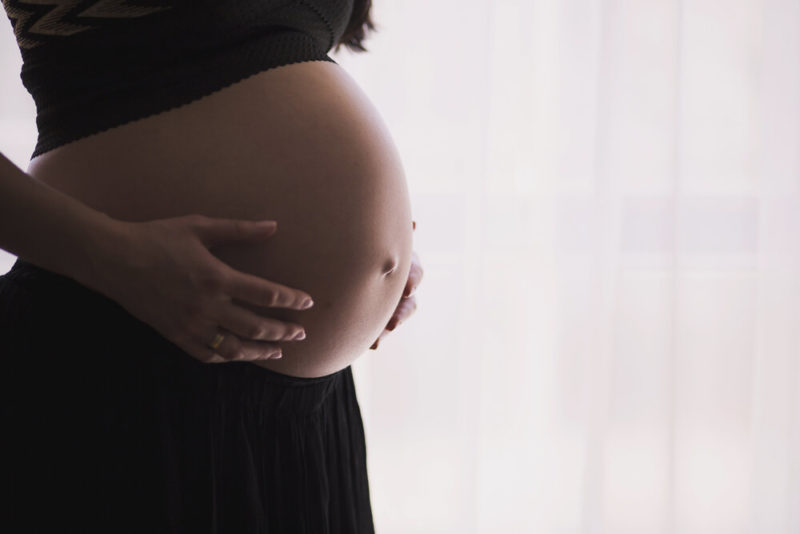“You shouldn’t drink when you are pregnant” is a sentence we have often heard. Alcohol consumption by a pregnant woman is perceived negatively because it negatively affects the baby, impairs growth, and causes irreversible damage. About 12% of couples in the US have difficulty getting pregnant or have impaired fertility, meaning they cannot achieve pregnancy in a single cycle.

While the focus is on alcohol consumption during pregnancy, should we also be concerned about alcohol consumption before pregnancy? And does it even have an impact on male fertility? Read how alcohol can affect female and male fertility…
Alcohol and male fertility
There is a difference between social and heavy drinking. Social drinking means drinking alcohol on social occasions, which does not disrupt normal life and has no effect on health. On the other hand, heavy drinking is when more than ten or more drinks are consumed per week, which can often lead to alcohol poisoning or dependence.
Studies have shown that heavy drinking has negative effects on sperm, affecting the size, shape, motility, and number of sperm. Alcohol lowers testosterone levels, alters ejaculation, and reduces the size of the testicles, leading to impotence.
In addition, heavy alcohol users often combine alcohol consumption with drugs such as marijuana, which further reduces fertility. It is essential that male reproductive health is maintained by hormones made both in the hypothalamus and in the anterior pituitary gland. Together, these two organs produce many hormones found in the human body that are needed for reproduction.
The good news is that the effects of alcohol on sperm are not definitive and can be reversed. One study shows that it takes at least three months to restore healthy sperm production once drinking alcohol.
Sperm count is one of the most important features in conception. If you have an abnormal sperm count, this may indicate health problems that have previously gone unnoticed, so it is important to keep your medical test up to date. You can determine your sperm count through a sperm analysis, which you can have done at a doctor’s office, in a laboratory, or by testing at home.
Alcohol and female fertility
Alcohol also harms female fertility. It can lead to a change in the menstrual cycle and ovulation and a change in female hormones. It can cause hyperprolactinemia or high prolactin levels in the blood.
Women who are undergoing infertility treatment should be advised to limit their alcohol use since even moderate amounts might harm their ability to conceive. Therefore, it is important for women who want to become pregnant to change their lifestyle before conception and not during pregnancy; this includes smoking, diet, and exercise because a healthy body is more adaptable for conception.

Alcohol consumption is not recommended during pregnancy. Have you ever heard of fetal alcohol spectrum disorders? These disorders can be mild or severe and cause physical and mental birth defects.
It varies from person to person, so don’t think that if a person drank during their pregnancy and their baby was fine afterward, this applies to you too. The defects do vary from person to person, but the damage is often permanent.
As mentioned earlier, both partners tend to have fertility problems when alcohol is abused. If a couple has difficulty getting pregnant, it makes sense for both partners to limit their alcohol consumption. You do not have to stop drinking alcohol forever. If you want to get pregnant, it is better to stop until conception, and even then, you should both limit alcohol consumption to increase the chances of conception. Let us know in the comments what you think about drinking alcohol while trying to conceive…


